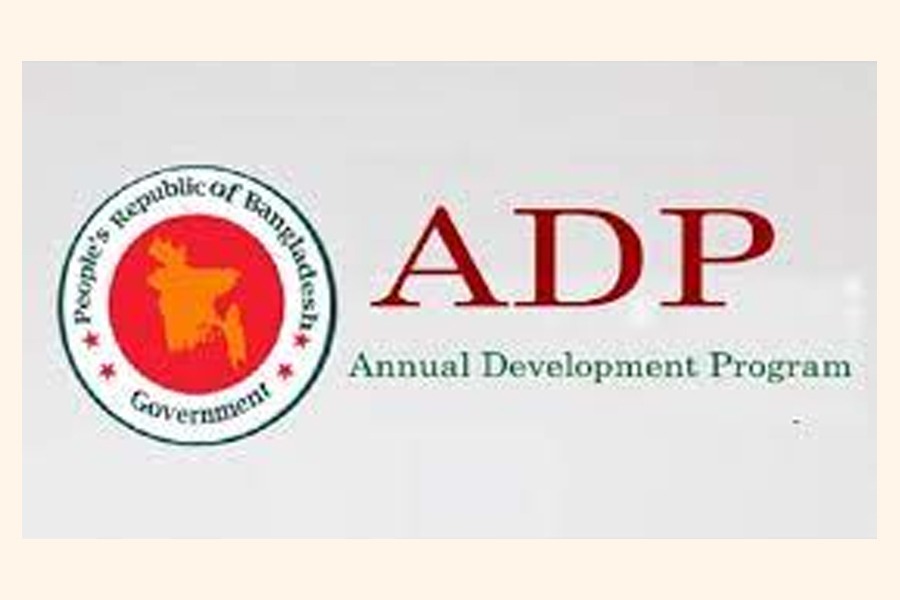
Published :
Updated :

The slow and partial implementation, including non-implementation, of the Annual Development Programme (ADP) has long been a recurring problem. Despite repeated calls from experts and persistent media coverage, the story of sluggish execution repeats itself year after year, with little sign of improvement. The Planning Ministry itself has acknowledged several systemic challenges behind this chronic failure, including flawed project formulation, a shortage of skilled project directors, poorly conducted feasibility studies, inconsistent data and delays in land acquisition and utility relocation. These issues came under discussion at the Wednesday's inter-ministerial meeting chaired by Planning Adviser Dr Wahiduddin Mahmud. Apart from this, corruption remains a major factor behind project implementation delays, as has been pointed out time and again. It is an open secret that a section of corrupt contractors deliberately procrastinate in project implementation to inflate costs. Such chronic delays, corruption, and inefficiency must no longer be tolerated.
The meeting also reviewed ADP performance in the last fiscal year and explored corrective measures for the current one. Documents presented revealed a set of recommendations from the Planning Commission, ranging from strengthening agency-level capacity and setting aside dedicated budgets for Development Project Proposal (DPP) preparation to creating a pool of trained project directors and offering certification courses in planning, public financial management and procurement rules. Equally important are the flaws in feasibility studies and data gaps that plague project formulation. To address this, the commission suggested engaging qualified professionals or institutions for feasibility studies, making independent peer reviews mandatory, and including risk assessments, demand forecasts and environmental and social impact studies. For persistent delays in land acquisition and utility relocation, it recommended separate dedicated projects, with prior ownership verification, acquisition plans, no-objection certificates and environmental clearance made mandatory before approval.
These proposals are timely, as the overall implementation of the Revised ADP in the last fiscal year stood at Tk 1.53 trillion, or 67.85 per cent of the Tk 2.26 trillion allocation, the lowest in more than a decade. In contrast, implementation in the previous five years ranged between 82.11 and 92.74 per cent. The health sector was the worst performer, with the Health Education and Family Welfare Division spending only 15 per cent of its allocation, and the Health Services Division just over 21 per cent. Education fared little better, with nearly Tk 16 billion left unspent by the Primary and Mass Education Ministry. Such underperformance is not a mere statistical concern; it carries heavy costs for the economy and society. Timely implementation ensures that funds are injected into the economy when they are most needed, generating multiplier effects that drive growth. Conversely, delays slow down momentum, raise project costs and reduce the overall impact of public spending. The stakes are even higher in today's economic context. With the private sector hesitant to invest amid uncertainties, ADP implementation could provide the much-needed stimulus to the economy. Moreover, the delay also means losing external funding, as development partners often withdraw or redirect their commitments when deadlines are not met. Ultimately, timely implementation of the ADP is not just about meeting financial targets; it is about delivering visible development outcomes that improve people's lives, strengthen public trust in governance and move Bangladesh closer to its long-term goals, including achieving the Sustainable Development Goals.


 For all latest news, follow The Financial Express Google News channel.
For all latest news, follow The Financial Express Google News channel.